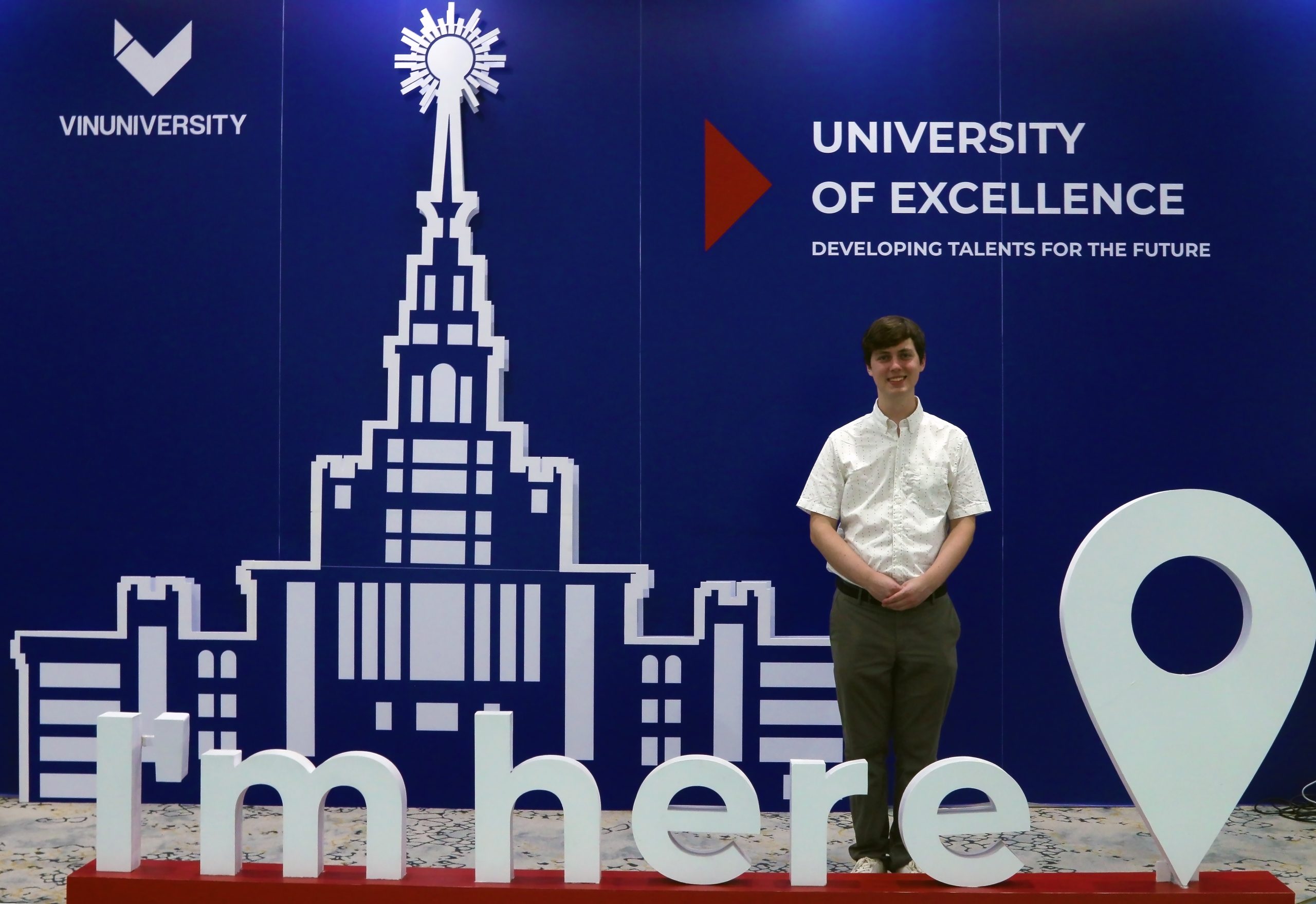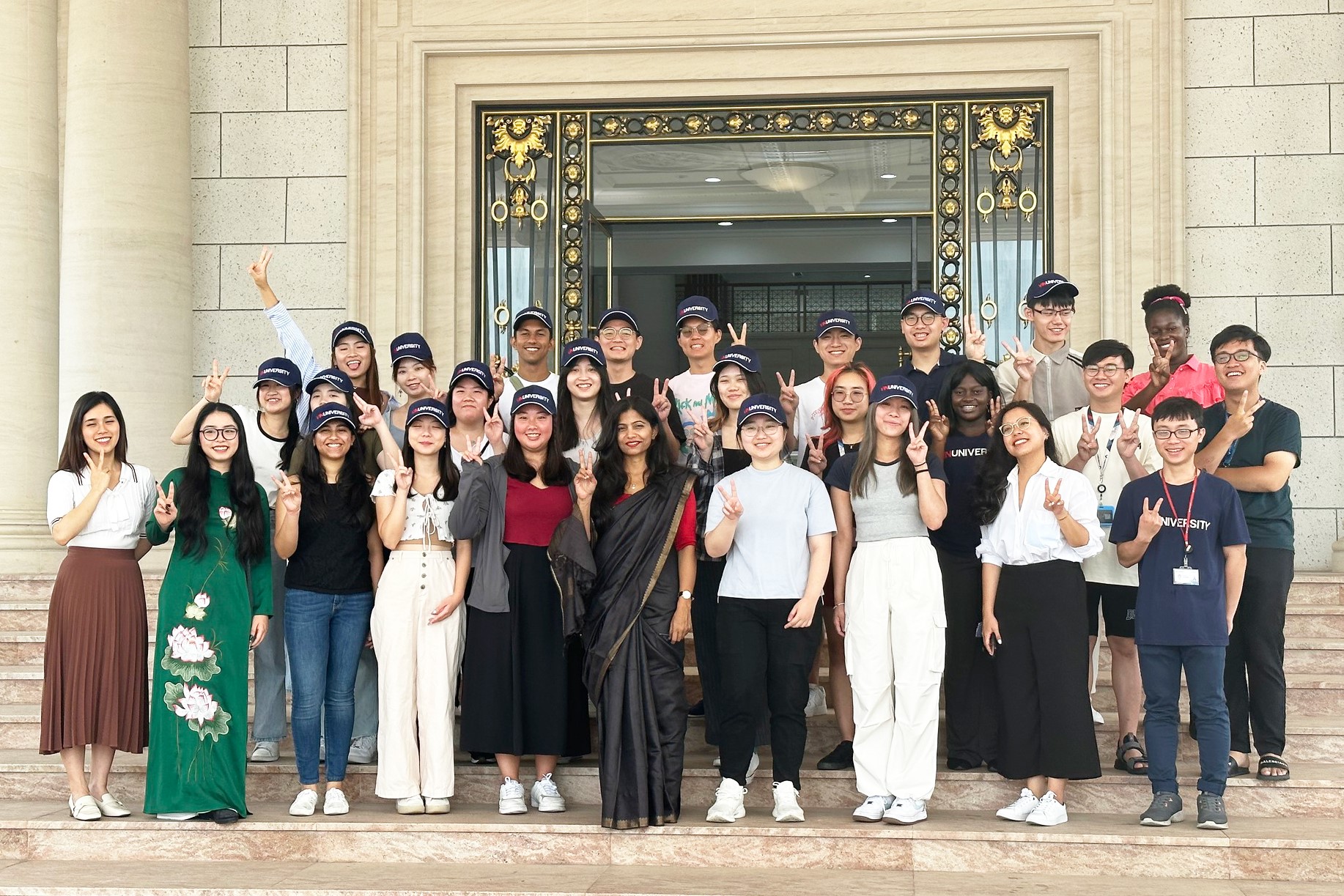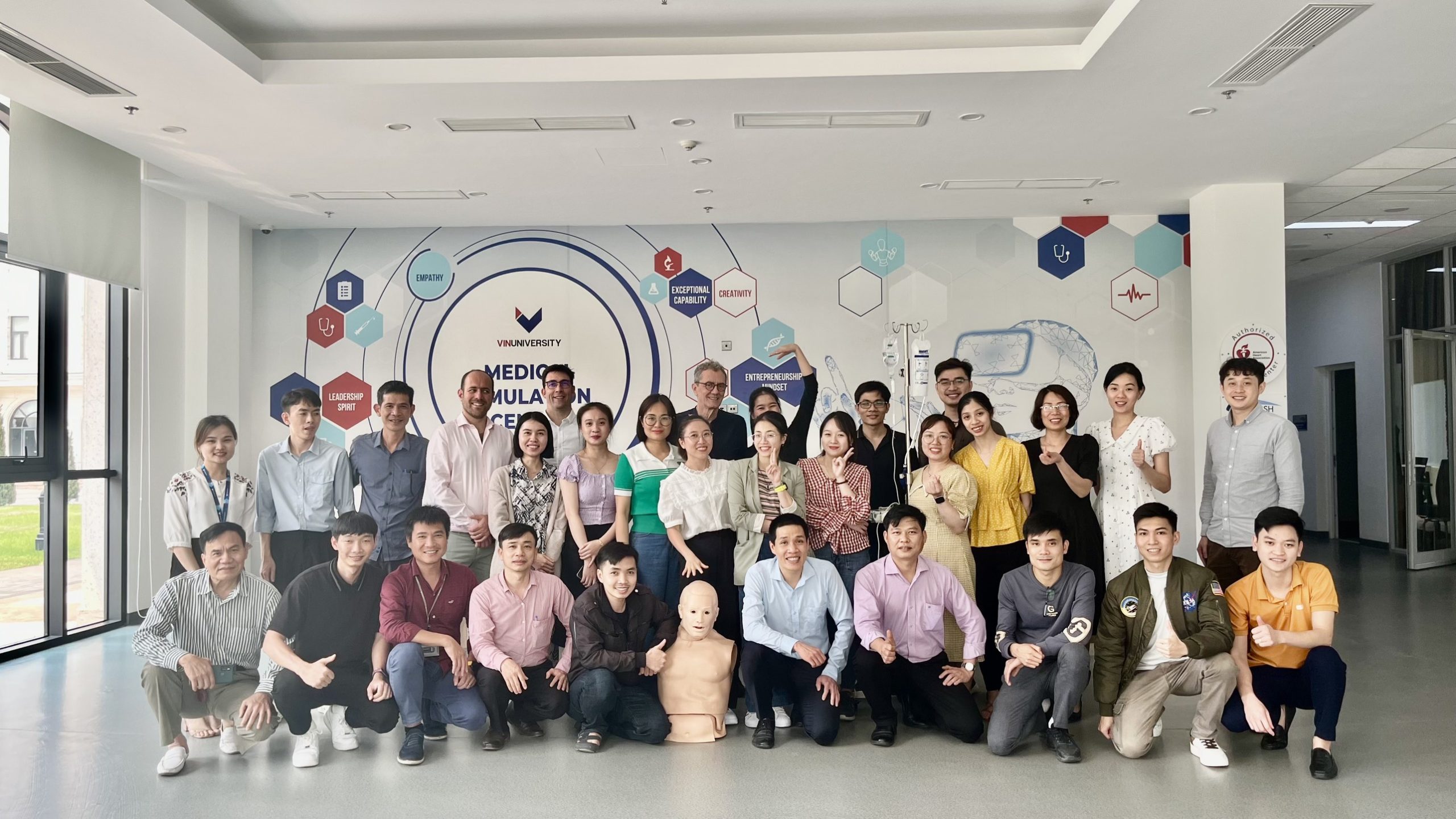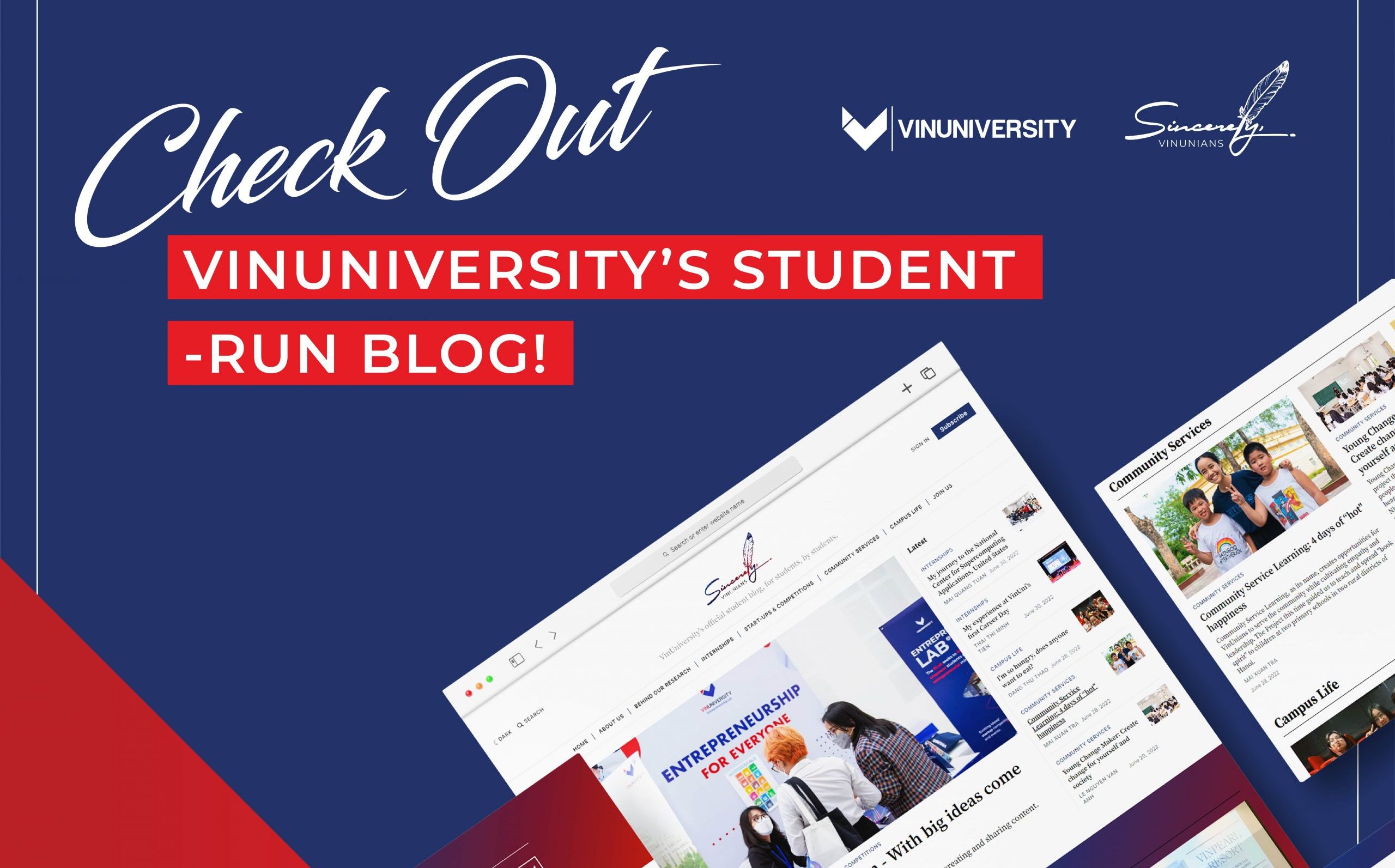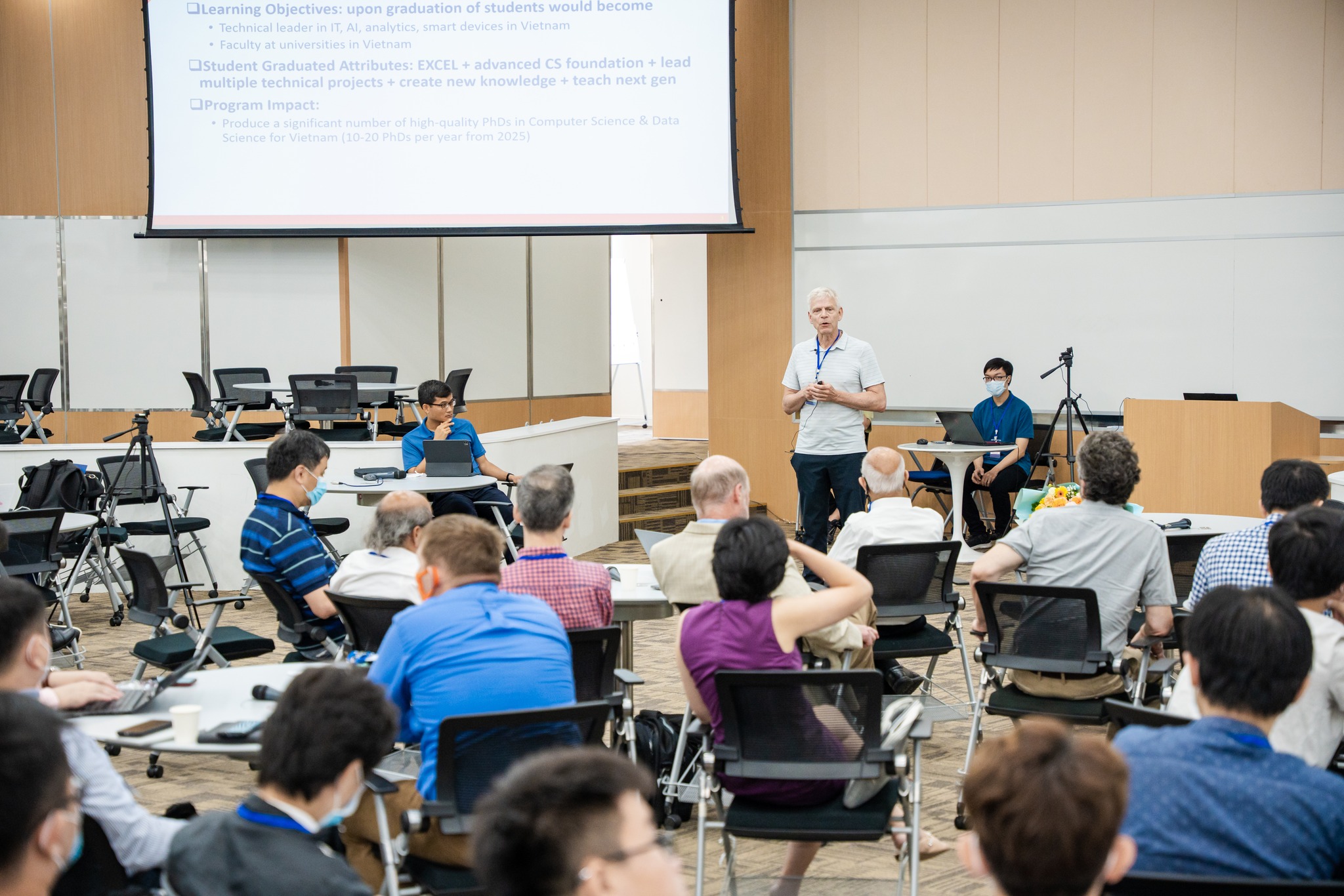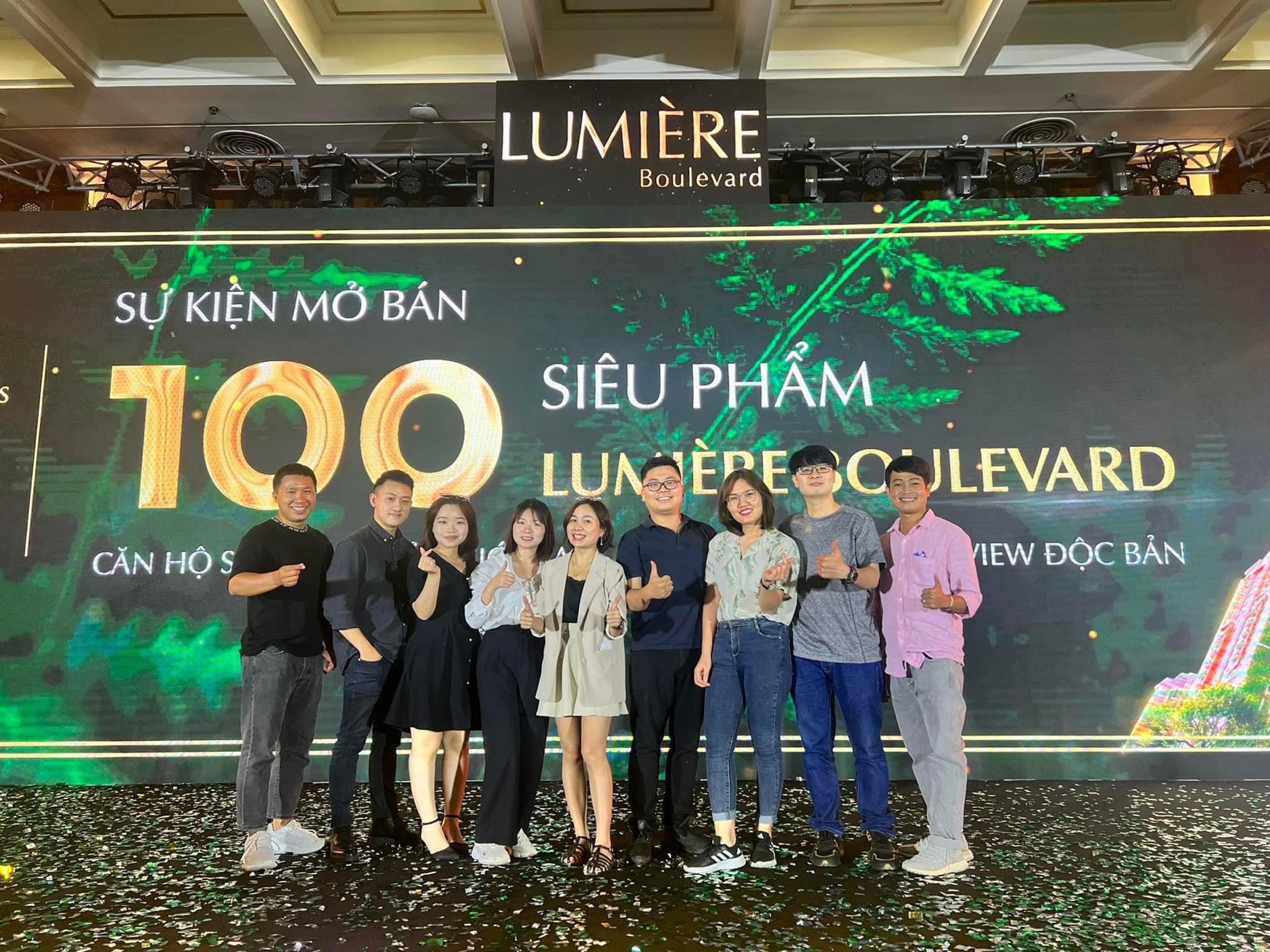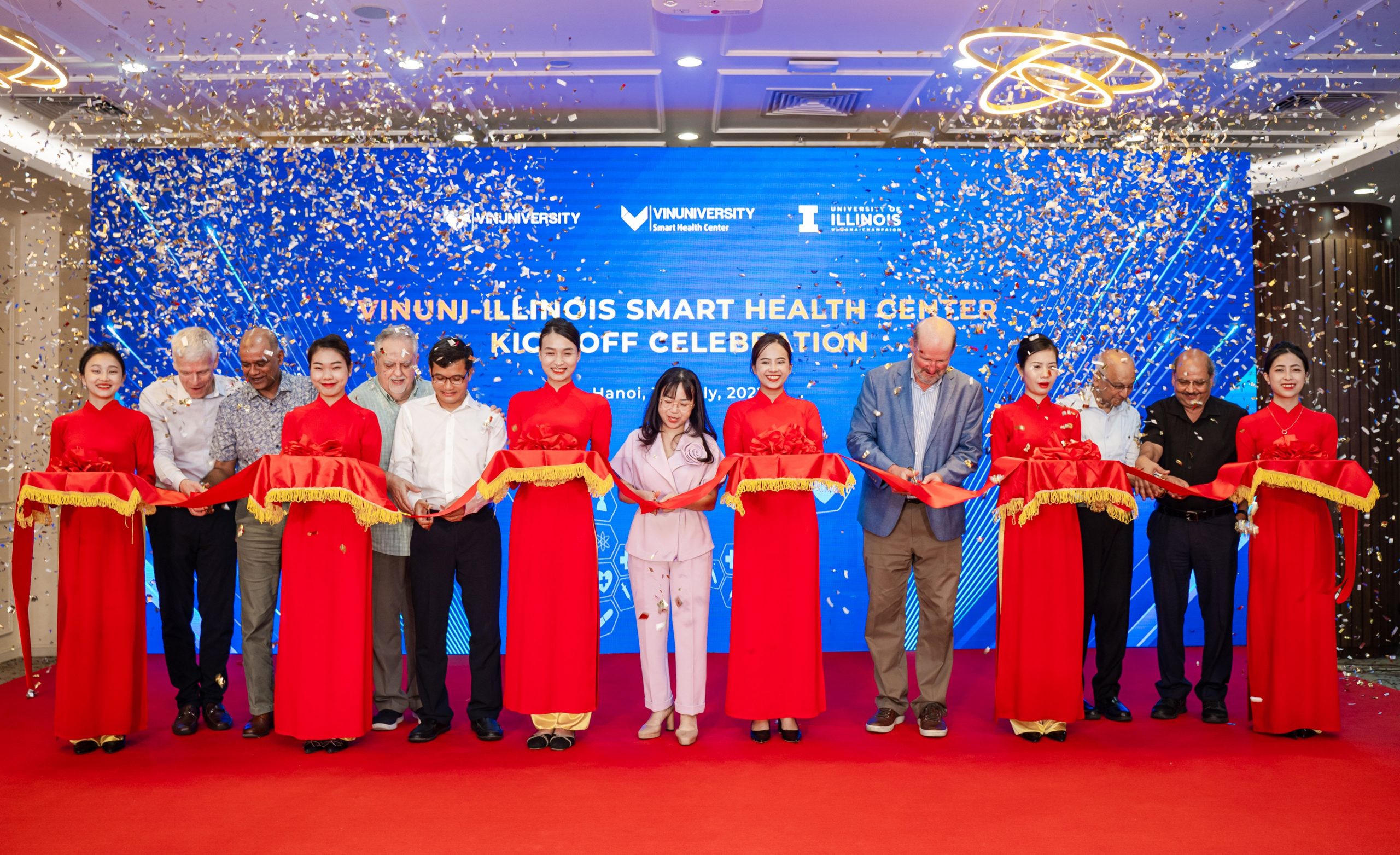The higher education system in Vietnam is still striving to keep pace with the fast-changing world. Major challenges and concerns presented in the economy 4.0 include: (1) Should universities aim to develop a skilled workforce or problem solvers? (2) What skills are demanded by the industry today? (3) Have Vietnamese students acquired the necessary “soft skills”? These challenges must be addressed to move Vietnam education forward.
Against this background, Vietnam Business Case Competition (VBCC) 2021, a pioneering student competition that challenges students to solve a “real problem” in a “real situation” for a “real business”, offers valuable insights into the demand and supply of human resources in Vietnam. A panel of judges from Cornell University and leading companies (Vincom Retail, Deloitte and One Mount Group) discussed and developed eight assessment criteria. These assessment criteria indicate the current demand of the industry to recruit talents with technical skills (i.e., research/analysis), “soft skills” (i.e., presentation, Q&A) and emerging professional skills (i.e., problem-solving, creativity and system thinking). Interestingly, judges found that Vietnamese students participating in VBCC 2021 possess good technical and “soft skills”, but need more improvement in problem-solving, creativity and system thinking (see the average scores of Top 3 and Top 11 best teams among 299 teams below).

Insight #1. Students acquire good research/analysis skills
VBCC judges highly appreciated the research/analysis skills of student teams in top 11 (about 60%) and top 3 (about 75%). Mrs Hoai Tran, Head of Project Management Department, Vincom Retail noted:
“Vincom Retail experts were surprised by analysis and research skills of students.” Sharing the same opinion, Mr. Khoa Luu, Chief Operations Officer, One Mount Consumer said: “We are happy to see that students have good research and methodology. Some did very thorough and logical analysis”.
Insight #2. Students possess very good “soft skills” such as presentation, Q&A
In contrast with common belief that Vietnamese students lack “soft skills” to adapt to working environment, students impressed VBCC judges with great presentation in English (up to 80%) and Q&A skills (up to 70%). Mrs Dauphne Pham, New Venture Director, One Mount Real Estate made very positive feedback on most top 11 presentations and emphasized: “They are able to design impressive, nice presentation, and very confident, convincing in answering question”.
Mr. Dat Luong, Senior Manager from Deloitte Audit & Assurance practice: ” Great analytics, very nice graphics in the presentation, merchant app was well done as idea and questions well answered. Overall great answers to questions”
Insight#3. The major weakness of students is related to problem-solving, creativity and system thinking competencies.
All judges also agreed that big idea, action plan, solution creativity and implementation potential must be improved. As the sponsor representative, Mrs. Hoai Tran from Vincom Retail pointed out that students provided some promising solutions, but most solutions could not be implemented in their current forms and thus need to be further reevaluated and developed. International representatives from Cornell University, Professor Doug Stayman and Professor Jan A de Roos wanted to see more integration between big idea and action plan as well as further elaboration of the proposed “story/idea” to drive effective changes.
Results of VBCC 2021 demonstrate the potential of Vietnamese students to become qualified workers in the economy 4.0. While students have been well equipped with technical skills and soft skills, they need to develop better problem-solving, creativity and system thinking competencies. Therefore, Vietnamese universities should adopt international competency-based standards in teaching and learning to improve this critical students’ skill gap.

